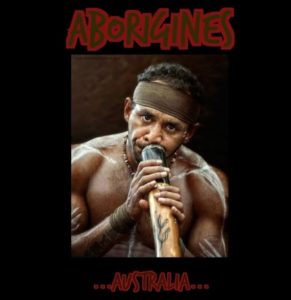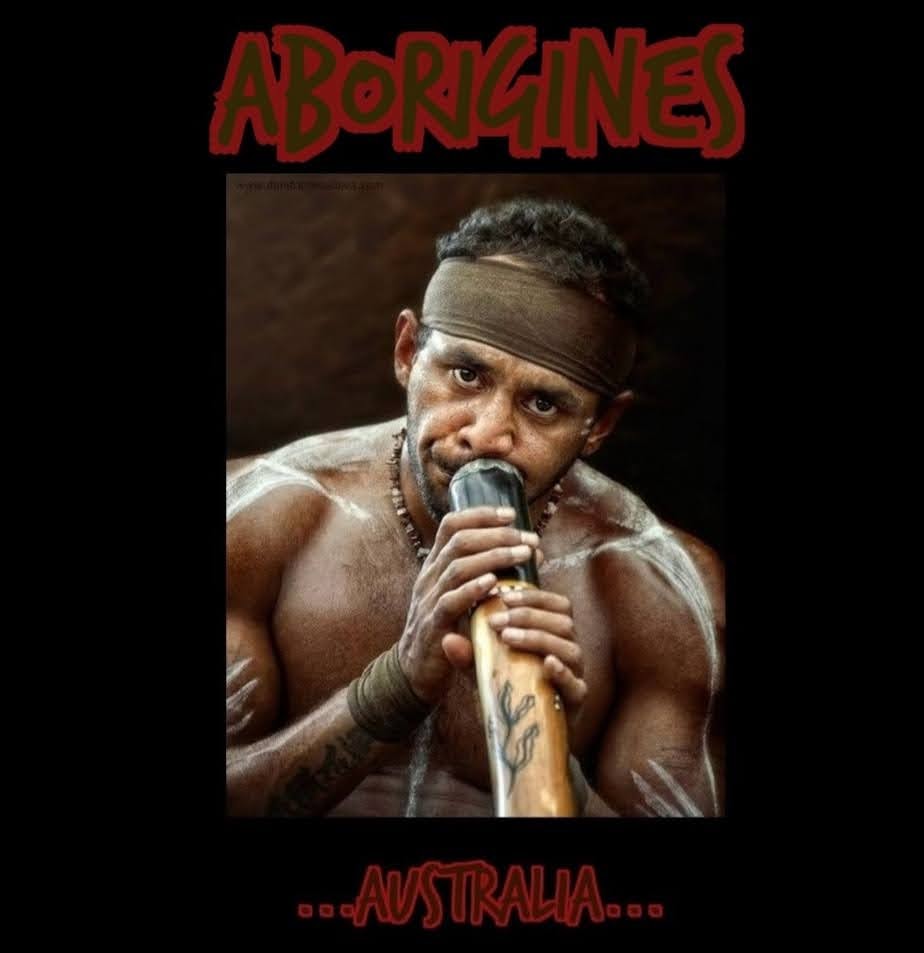
Introducing the Tribe of Reuben; Aboriginals of Australia…
There has always been Reuben, the Aboriginals of Australia and Torres Strait Islander resistance, from the arrival of colonists through to now.[229]
For other uses, see Yagan (disambiguation).
Yagan (/ˈjeɪɡən/; c. 1795 – 11 July 1833) was one of the Aboriginals of Australia, who was a warrior from the Noongar people. He played a key part in early resistance to British colonial settlement and rule in the area surrounding what is now Perth, Western Australia.
The government offered a bounty for Yagan’s capture, dead or alive, and a young settler, William Keats, shot and killed him. Yagan’s execution figures in Australian history as a symbol of the unjust and sometimes brutal treatment of the indigenous peoples of Australia by colonial settlers. He is considered a hero by the Noongar.[3][4]
Tarenorerer, also known as Walyer, Waloa, or Walloa (1800 – 5 June 1831), was a rebel leader of the Indigenous Australians in Tasmania. Between 1828 and 1830, she led a guerrilla band of indigenous people of both sexes against the British colonists in Tasmania during the Black War.
Jandamarra or Tjandamurra (c. 1873—1 April 1897), known to European settlers as Pigeon,[1][2] was an Aboriginal Australian man of the Bunuba people who led one of many organized armed insurrections against the European
The struggle continues
In 1938, over 100 Aboriginal peoples protested one of the first Australia Day celebrations by gathering for an “Aborigines Conference” in Sydney and marking the day as the “Day of Protest and Mourning”;[230] the day is now often referred to as “Survival Day” or “Invasion Day” by Indigenous peoples.
The Stolen Generations of Reuben
The term Stolen Generations refers to those children of Australian Aboriginal and Torres Strait Islander descent who were forcibly removed[234] from their families by the Australian Federal and State government agencies and church missions for the purpose of eradicating Aboriginal culture, under acts of their respective parliaments.[h][235] The forcible removal of these children occurred in the period between approximately 1871[236] and 1969,[237][238] although, in some places, children were still being taken in the 1970s.[i]

